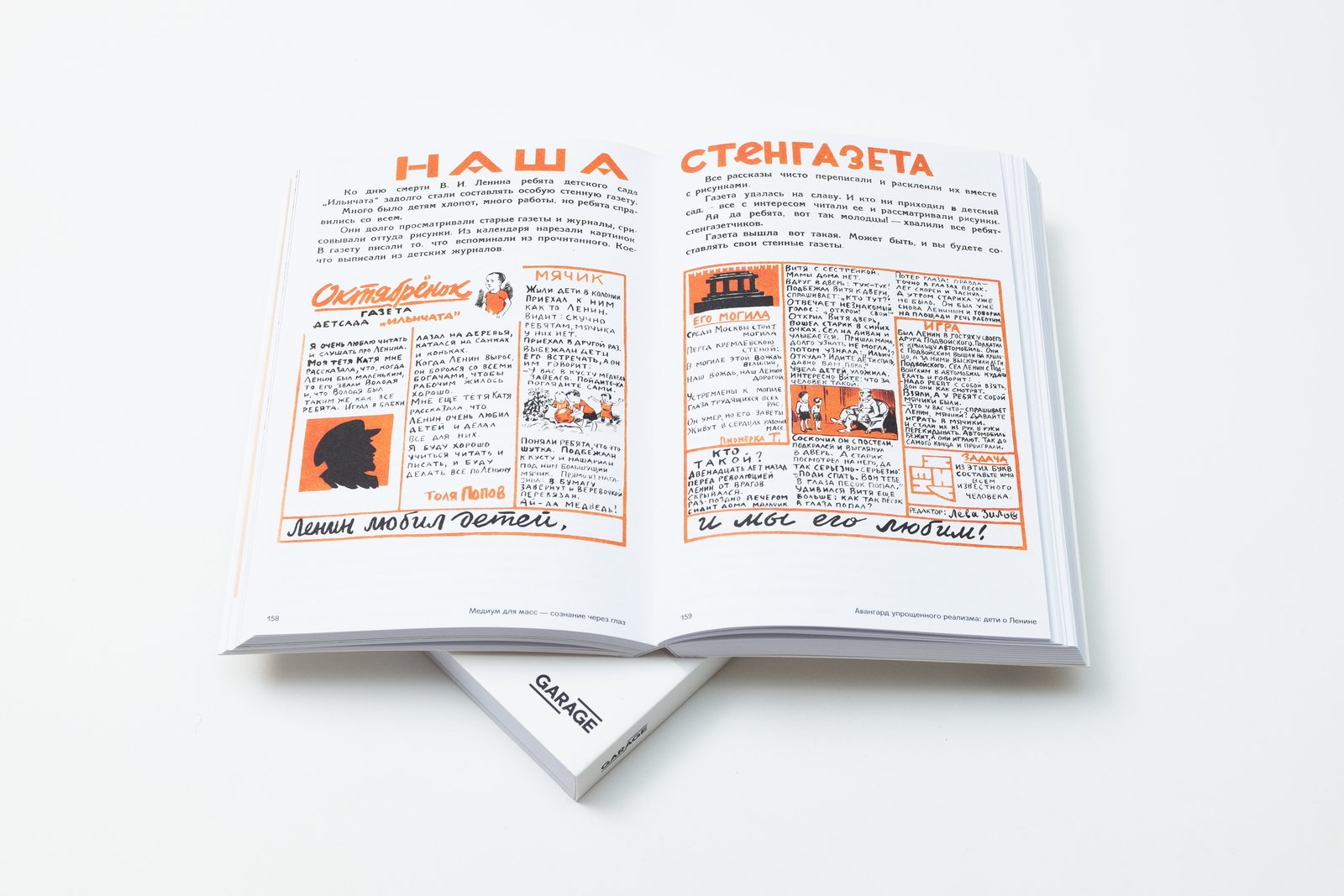Garage announces the winners of the 2020 GARAGE.txt program of support to researchers
Date

This year Garage received over 90 applications from Russian and international authors whose research interests cover a wide range of subjects: from contemporary art theory, philosophy, and publishing to cinema, music, theater, the history of architecture and the everyday, and much more.
GARAGE.txt winners in 2020 are curator and artist Anastasia Albokrinova with Hunting for Visions: Art and Abnormal Experiments on the Volga; museum scholar Zinaida Bonami with her study on Herwarth Walden, “curator of the Russian Avant-Garde in the West;” philologist Aleksandr Zhitenev with A Brief History of the New in the Russian Art Discourse; independent researcher Alexey Konakov with A Waning World: A History of the Incredible in the Late Soviet Union; and theater scholar Evgeniy Slesar with A Theatrical Reconstruction of the Soviet Myth: Reanimating the October Revolution.
Launched in 2016, GARAGE.txt is a program aimed at supporting authors writing in Russian on contemporary art and culture. The winners will receive funding to complete their research projects and the opportunity to publish them as part of aspecial series within the Museum’s publishing program.
Previous GARAGE.txt publications include: Vladimir Salnikov’s collection of articles compiled by Irina Gorlova, Picasso’s Never Heard of Us; Yanina Prudenko’s research project Cybernetics in Humanities and Arts in the USSR. Big Data Analysis and Computer Art; Katarina Lopatkina’s The Bastards of Cultural Relations. Western Contemporary Art Exhibitions in the USSR from the 1920s to the 1950s; A Brief History of Street Art in Nizhny Novgorod by Alina Savitskaya and Artem Filatov; The Eternity Is Eternal Because It’s Carefree. Andrei Monastyrsky and Collective Actions by Victor Agamov-Tupitsyn; Andrey Smirnov’s In Search of Lost Sound. Experimental Sound Culture in Russia and the USSR in the First Half of the Twentieth Century; and А Medium for the Masses: Photomontage and the Optical Turn in Early Soviet Russia by Serguei Oushakine.